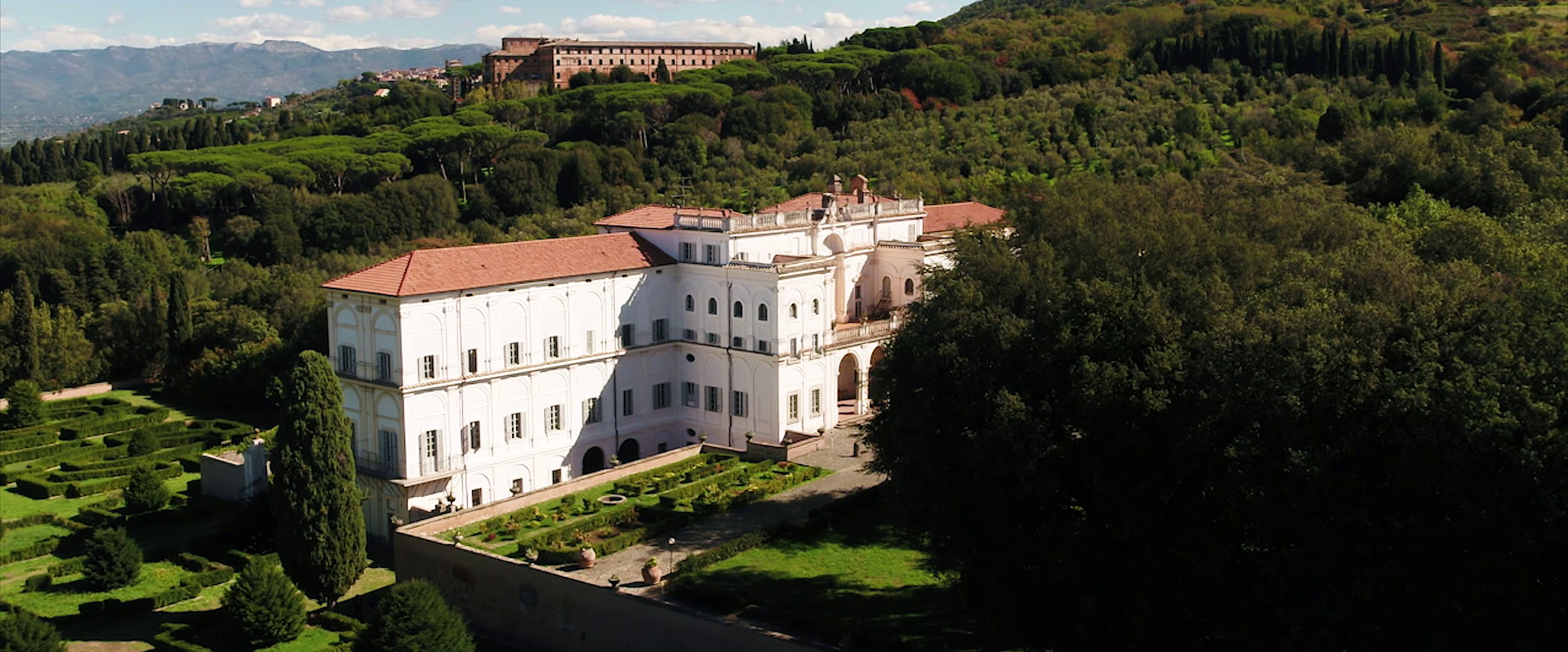COMMUNIS HEREDITAS
Latin and Greek heritage of humanity
The congress Communis hereditas is intended to support the proposal which petitions UNESCO to include Latin and Greek in the list of intangible assets constituting the heritage of all mankind. The Academy Vivarium novum first put forward this proposal on 2007, and then widely spread it in 2011 (https://vivariumnovum.net/unesco). Representatives from many other countries have followed this endeavour, each one doing proclamations that substantially participate the same spirit, and creating altogether a large international movement.
The original document of this proposal was subsequently approved by the Italian Senate in 2017 (Agenda no. G/2371/1/7 at DDL no. 2371: see http://www.senato.it/japp/bgt/showdoc/frame.jsp?tipodoc=Emendc&leg=17&id=00977280&idoggetto=00989220&parse=si&toc=no). Also in Spain the Senate’s Committee of Culture has approved with one voice an equivalent proposal, while the Minister of Education in France has expressed his commitment to this common effort.
We believe this initiative will encourage governments around the world to promote the study of the humanities within their educational systems, which increasingly and exclusively have turned toward a technical, job-oriented training that makes people into a "function" of a mechanism, as Eric Kahler put it, rather than free individuals who are encouraged to attain their full rational and social potential.
Ancient languages of culture such as Latin and Greek (and others such as Sanskrit, Chinese, and classical Arabic that have contributed to the spread of human civilization and the communication of culture) have been and can still be a vehicle of universal peace. Examples across time and geography testify to this power: the experiments of the Bayt al-hikma during the Abbassid caliphate; the school of translators in Toledo; the work of the Jesuit missionaries who brought Galileo (translated into Chinese) to the East and Confucius (translated into Latin) back to the West; the work of Busbecq which brought Turks and Europeans closer together; the numerous great defences of human rights carried out in Latin, such as the Valladolid dispute; the various efforts for tolerance and harmony between different religions lead by Cusano, Pico, Bodin, Locke, to name only a few. These examples illustrate the value of a language which is no longer tied to a particular nation or ethnic community, but rather represents a common human heritage that does not privilege one linguistic group over another.
The conference will also address the "intercultural translations", and how such "translations" depend on some sort of substratum or common root in order to transfer thoughts, concepts, semantics, and vocabulary, between cultures. By assuming common grounds and roots, these intercultural translations made it possible for historical, philosophical, and poetic ideas, traditions and other aspects of culture transmitted by the Greek and Latin languages to be shared between civilizations.
During the age of Italian Humanism and European Renaissance, Latin and Greek were to be considered as means to evocate and call back to life the ideal of virtus, that is, that moral undertaking that prepares the individual to the political life and to the participation of the State, whatever particular form it would take. Those two languages, by the study of the classical works that were written on them, were to be considered as a reborn of a school of thought that looks to the body of the civitas as an organic whole, in which it is necessary to give τὸ προσῆκον ἑκάστῳ, unicuique suum, in a searching for a harmony which is, according to Plato, justice itself.
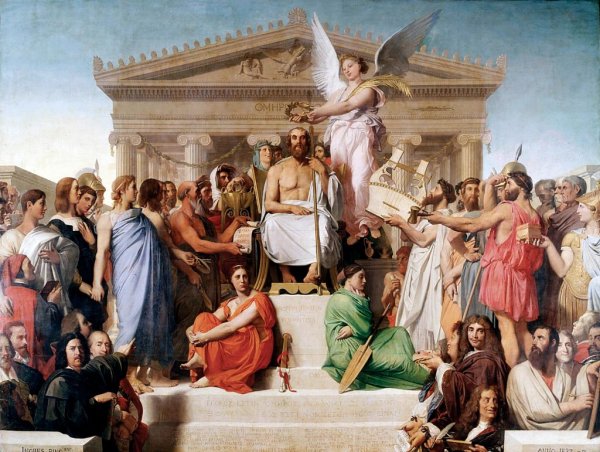
Provisional programme
May 2
10.00 Saluti delle autorità
10.30 Lisa Clark (ICAN, premio Nobel per la pace 2017): “La pace fondata sulla cultura”.
11.00 Luigi Miraglia (Accademia Vivarium novum): Presentazione dell’appello e del movimento internazionale.
11.15 Pausa caffè
11.45 Kurt Smolak (Università di Vienna): "Inter Augustinum et Erasmum: vere-ne saecula obscura?”.
12.30 Giancarlo Rinaldi (Università di Napoli “L’Orientale”): “Latino e greco veicolo di pace nelle culture di crinale degli ellenismi e del tardoantico”.
13.30 Pranzo
15.00 Roberto Spataro (Pontificia Academia Latinitatis)
15.15 Miran Sajovic (Pontificium Institutum altioris Latinitatis - Università pontificia salesiana)
15.30 Ambasciatori dell’appello nel mondo:
Renaud Baujot-Julien (Association Human-Hist - Francia)
Pierre Gorsky-Mieze (Association Human-Hist - Francia)
Anne Pasquet (Comune d’Autun - Francia)
Junyang Ng (Wenli Academy - Cina)
Jenny Rallens (Oxford Latinitas project - Regno Unito)
Krastu Banev (Università di Durham - Regno Unito)
Krasimir Ivanov (Liceo classico “Ngdek” di Sofia - Bulgaria)
16.30 Alwaleed Alsaggaff (Eton college, Regno Unito): “Lingua Graeca, lingua Latina et Islamica humanitas”.
17.00 Pausa caffè
17.30 Lucio Russo (Università di Roma “Tor Vergata”): “Alcune osservazioni sull'evoluzione storica della terminologia scientifica greca e latina”.
18:15 Michael von Albrecht (Università di Heidelberg): “Lingua Latina commune omnium gentium patrimonium”.
19.00 Vittorio Hösle (Notre Dame University, Indiana): “Quibus de causis philosophi sit Graecas Latinasque litteras colere”.
19.45 Μῆνις καὶ ὕβρις: spettacolo tratto dal I libro dell’Iliade (a cura del gruppo teatrale Vertumnus)
20.30 Cena
May 3
10.00 Corrado Sforza Fogliani (presidente dell’Associazione fra le banche popolari - vicepresidente dell'ABI).
10.15 Gerardo Bianco (Società Magna Grecia): “Latino, una lingua universale”.
11.00 Pausa caffè
11.30 Paolo Isotta (storico della musica): “Il latino nella musica moderna dalla Rinascenza carolingia”.
12.15 Lamberto Maffei (Accademia nazionale dei Lincei e Scuola normale superiore di Pisa): “Il vestito della cultura”.
13.00 Pranzo
15.00 Charles Burnett (Warburg Institute, Londra): “From Greek to Latin and from Arabic to Latin: the twelfth century translators and their motivations”.
15.45 Mirena Slavova (Università di Sofia “St. Kliment Ohridski”- Bulgaria): “Antiquity and classical education in Bulgaria”.
16.30 Ignacio Armella (Accademia Vivarium novum): “Sermo qui mores hominum multorum descripsit et urbes”.
17.00 Pausa caffè
17.30 Fernando Wulff Alonso (Università di Malaga): “En las fértiles fronteras del mundo grecorromano: la India”.
18.15 Dirk Sacré (Università cattolica di Lovanio): “Lingua Latina, lingua gentium, sive de titulis recentioribus et recentissimis”.
19.30 Giovanna Lazzi (Biblioteca Riccardiana - Firenze): "La lezione dei classici greci e latini nell'illustrazione libraria del Quattrocento".
20.15 Pietas ac dolor: spettacolo tratto dal I libro dell’Eneide (a cura del gruppo teatrale Vertumnus)
21.00 Cena
May 4
9.30 Lorenzo Fioramonti (Viceministro all'istruzione, l'università e la ricerca).
10.00 Marinella Linardos (Comunità ellenica di Roma).
10.15 Gaetano Lettieri (Università di Roma “La Sapienza”): “Una lingua comune: il greco e il latino nella trasmissione del vangelo cristiano e del messaggio umanistico”.
11.00 Saverio Di Liso (Facoltà teologica pugliese): “Il linguaggio dei diritti umani: la disputa sugli indios e la Giunta di Valladolid (1550-1551)”.
11.45 Pausa caffè
12.15 Michel-Yves Perrin (École pratique des hautes études - Parigi): “Titillare Titivillum. Diavolerie filologiche e modernità: alcune osservazioni”.
12.45 Junyang Ng (Wenli Academy - Cina): “Linguae classicae, quae dicuntur, orientalium et occidentalium regionum, universalis sapientiae vehiculum”.
13.30 Pranzo
15.00 Renato Parascandolo (già direttore di Rai educational): “Honos alit artes: la necessità d’una divulgazione non banalizzante”.
15.45 Guido Cappelli (Università di Napoli “L’Orientale”): “Il valore morale e dottrinale del latino umanistico tra il Bruni e il Pontano”.
16.30 Charles Guittard (Università di Parigi X - Nanterre La défence): “De ciuitate Romana et societate generis humani: ciuis Romanus sum... humani nihil a me alienum puto.”.
17.15 Pausa caffè
17.45 Luca Loschiavo (Università di Roma “Roma tre”): “Il latino e l’alfabetizzazione giuridica dei nuovi popoli nell’Occidente post-romano”.
18.30 Melinda Letts (Università di Oxford): “Latin for the many, not for the few”.
19.15 Conclusioni.
20.00 Concerto del coro Tyrtarion: carmi di Catullo, Orazio, Marziale e altri poeti greci e latini musicati con melodie di tradizione rinascimentale.
20.30 Cena.
===
Free admission (with compulsory booking) by writing to convegni@vivariumnovum.net.

Accademia Vivarium novum
Sponsored by:
Istituto Italiano per gli studi filosofici
U.C.I.I.M. di Roma, sezione Nosengo
Parco dei Castelli Romani
Comune di Frascati
Pontificia Academia Latinitatis
Pontificium Institutum altioris Latinitatis
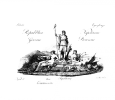


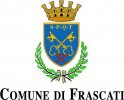

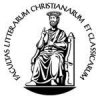
 English
English
 Italiano
Italiano
 Latina
Latina

